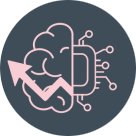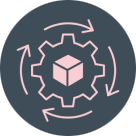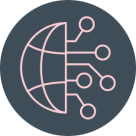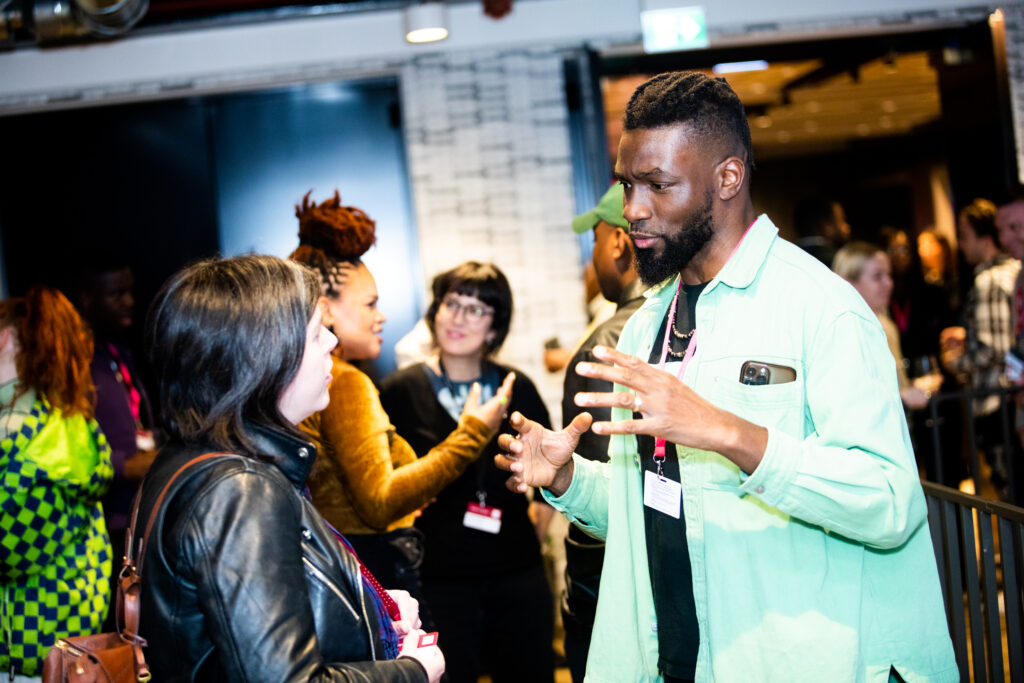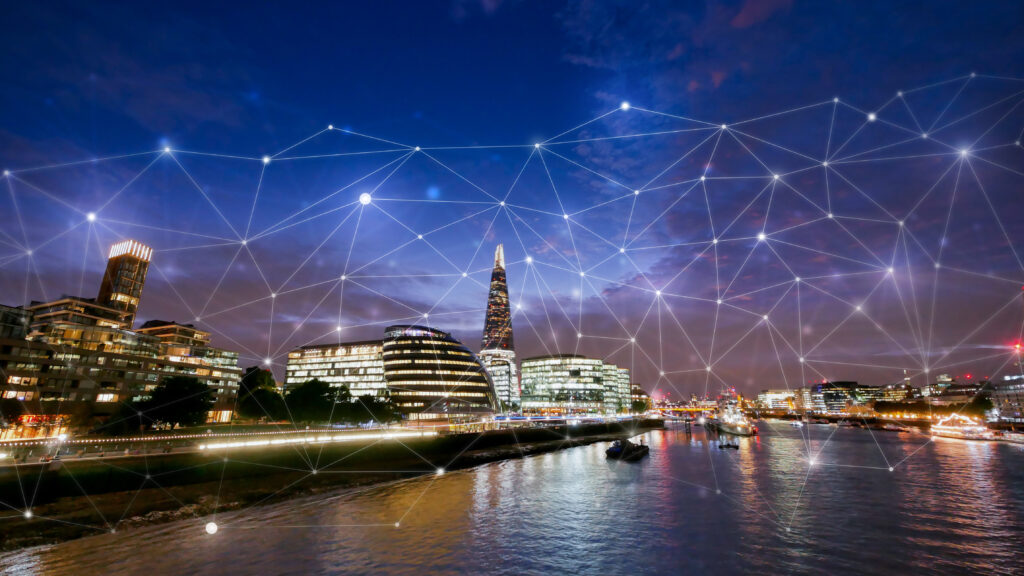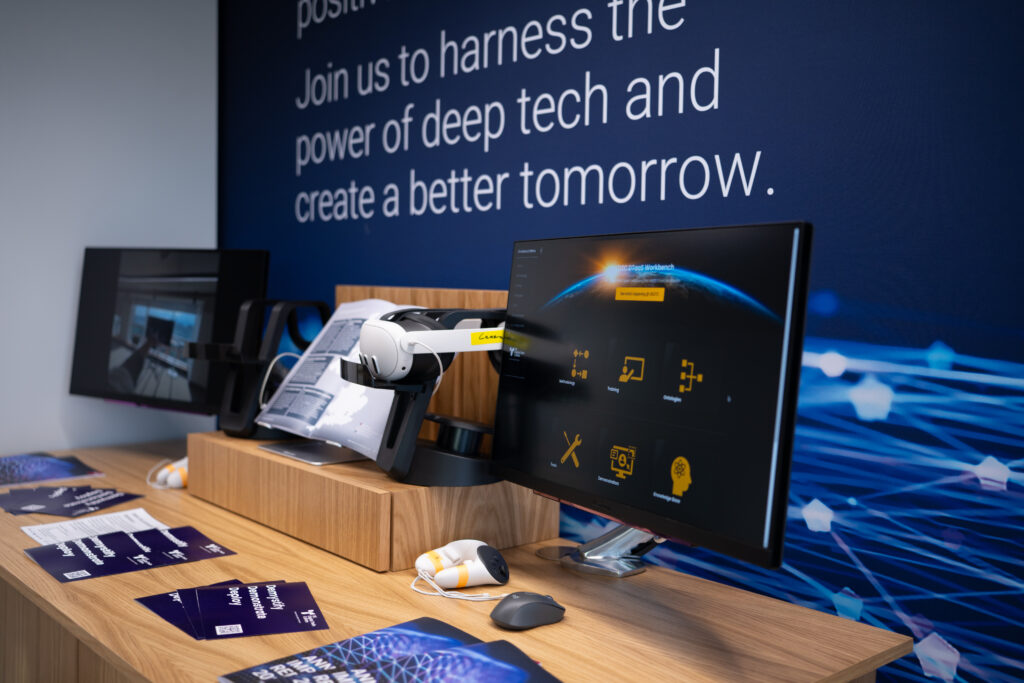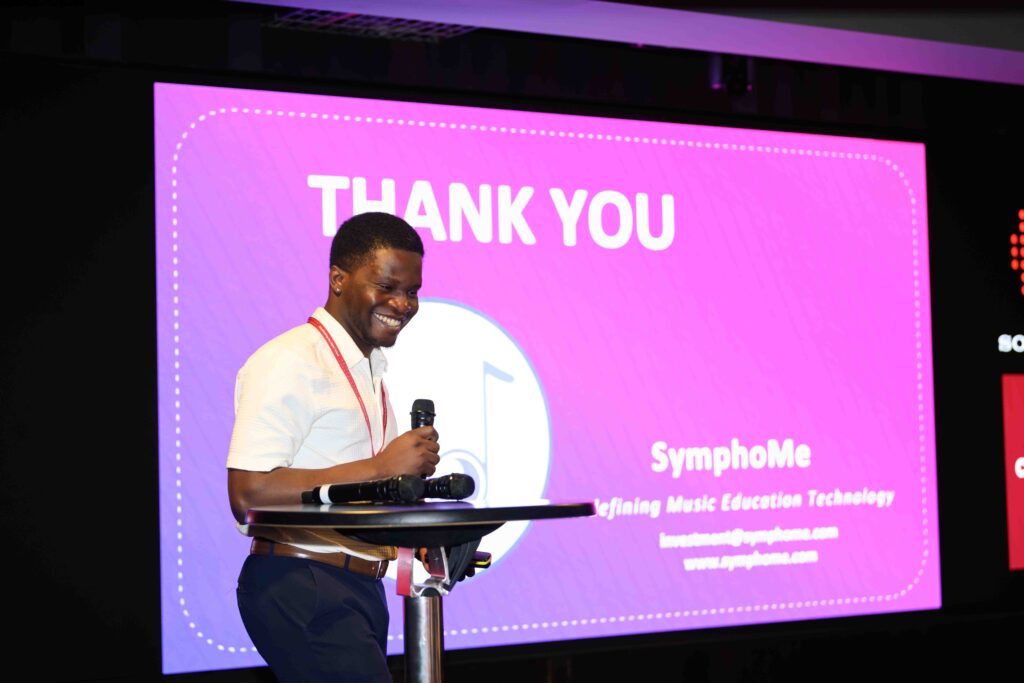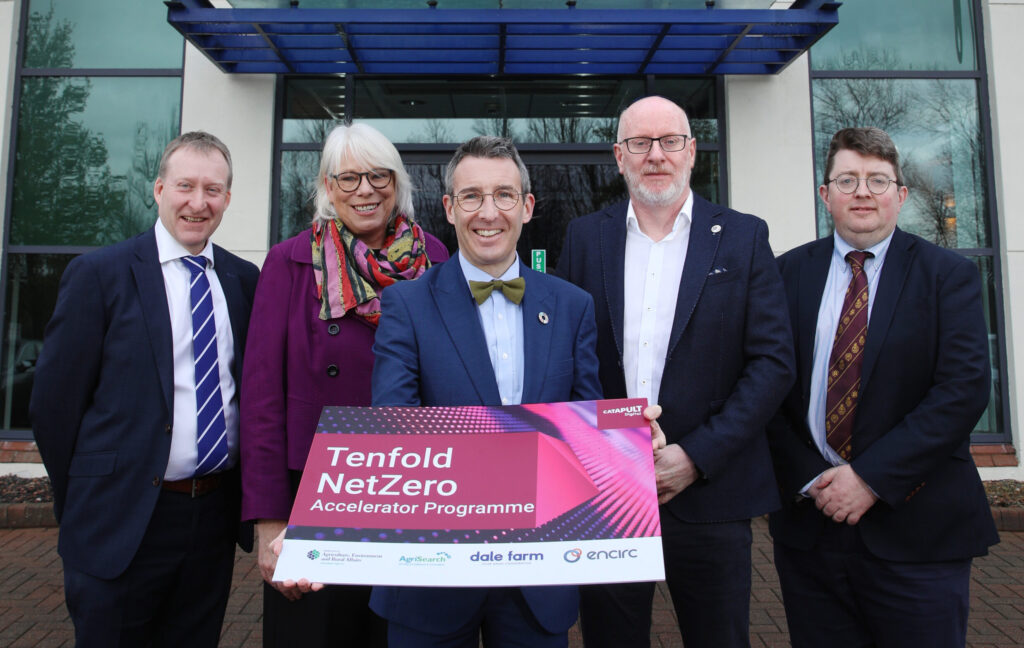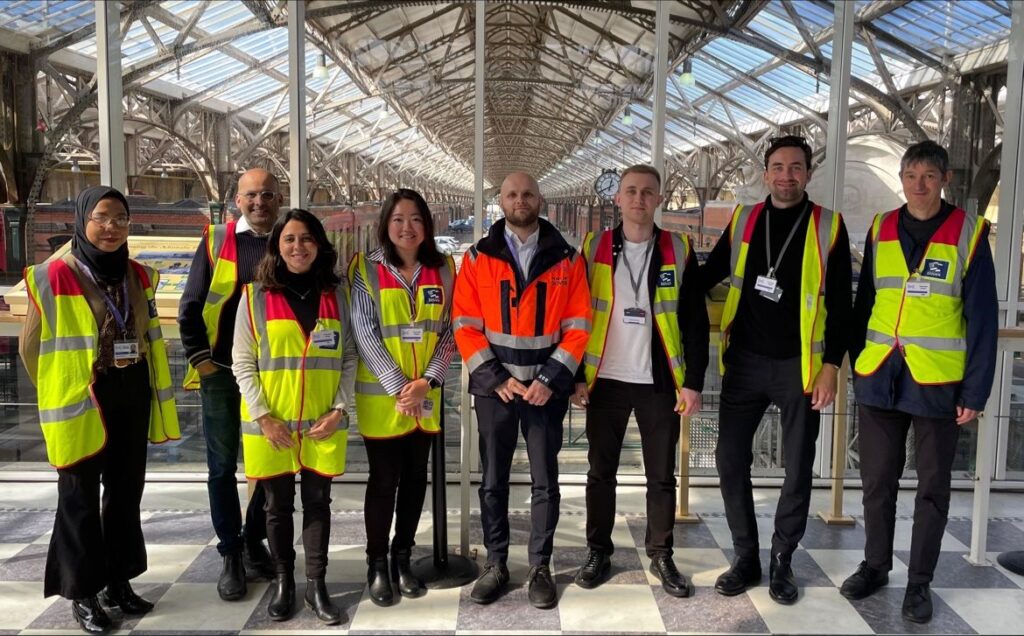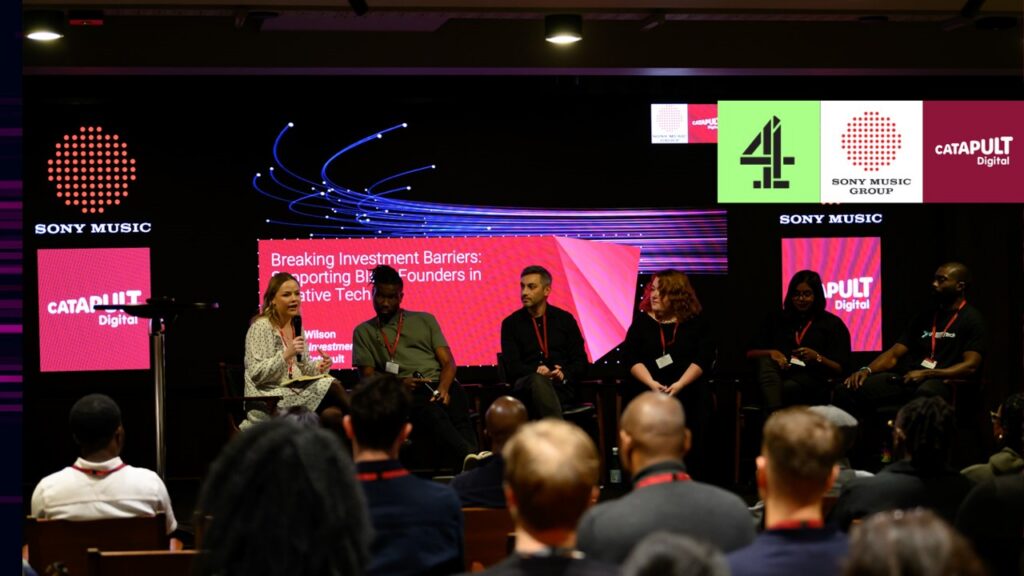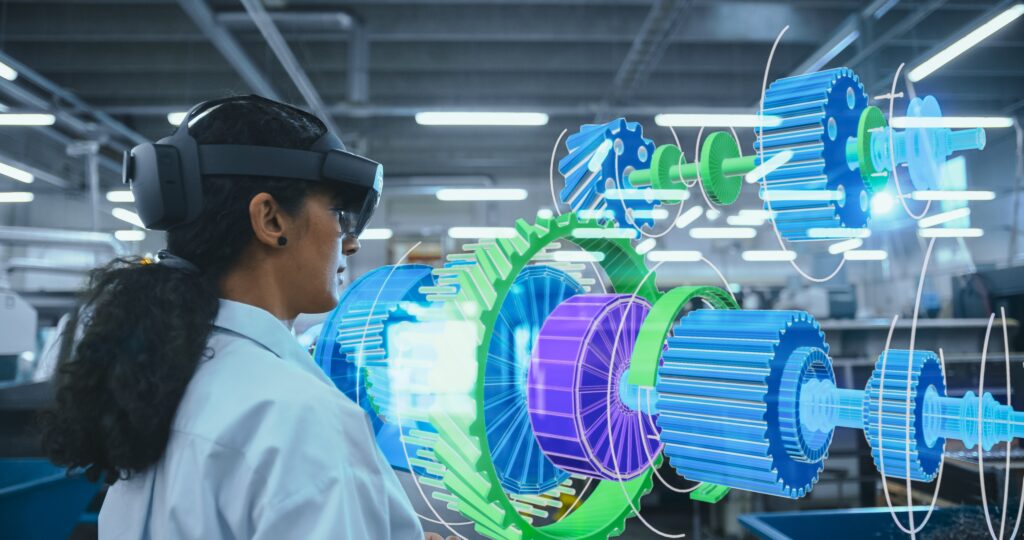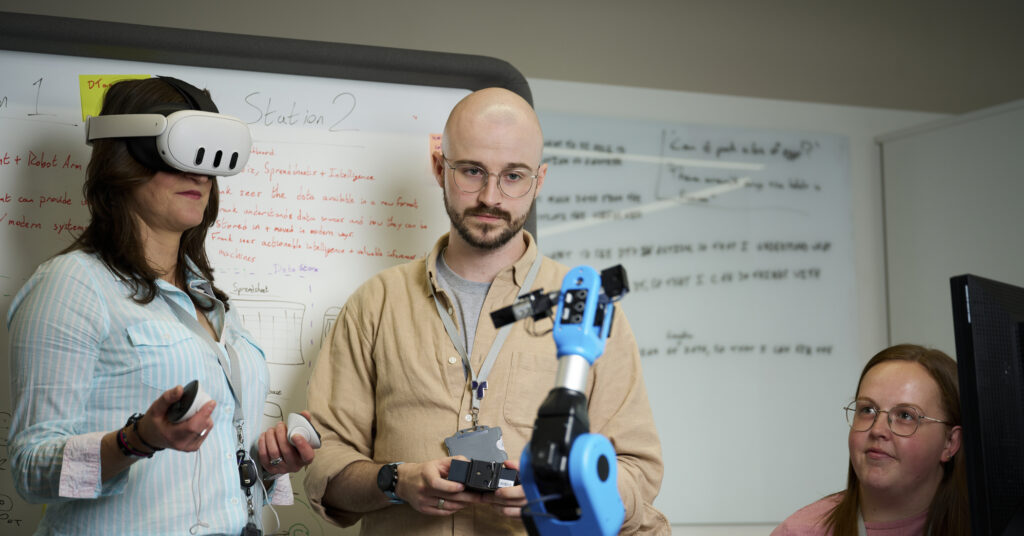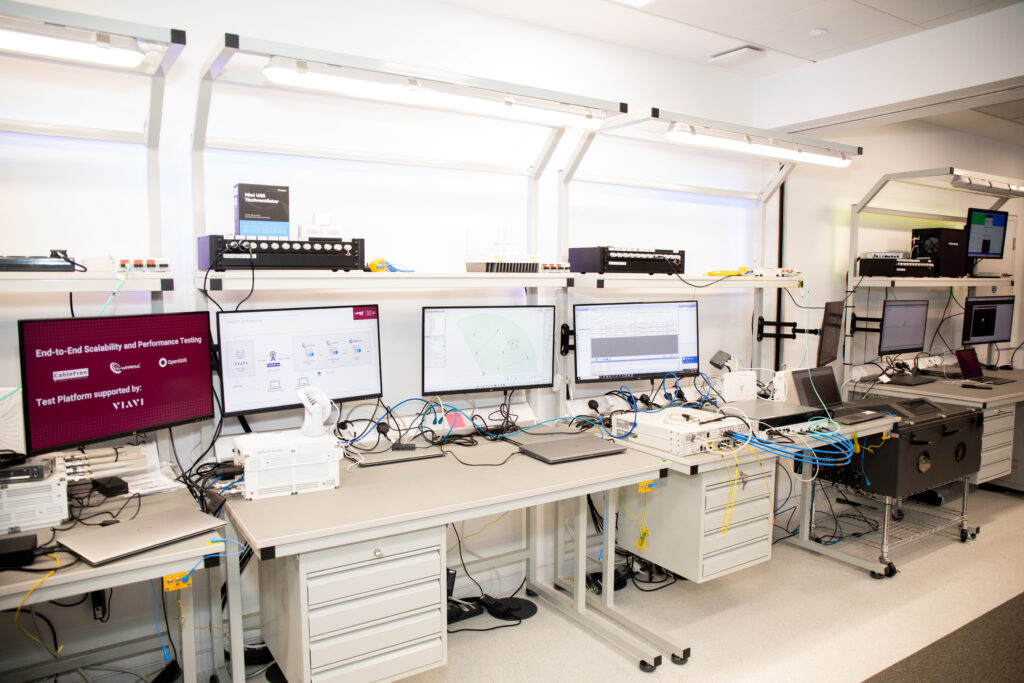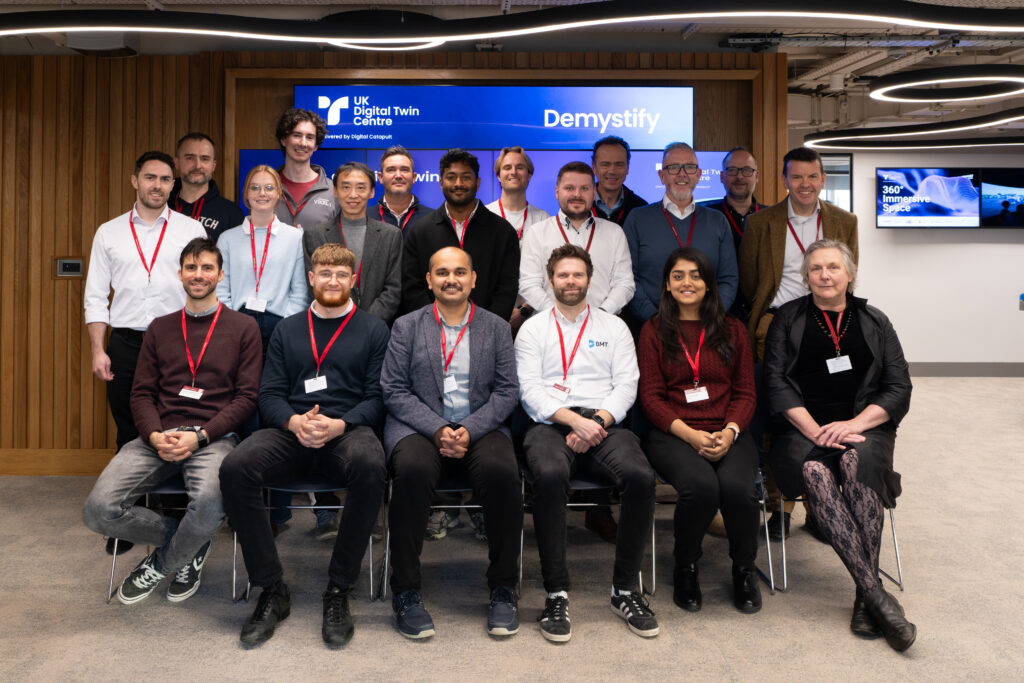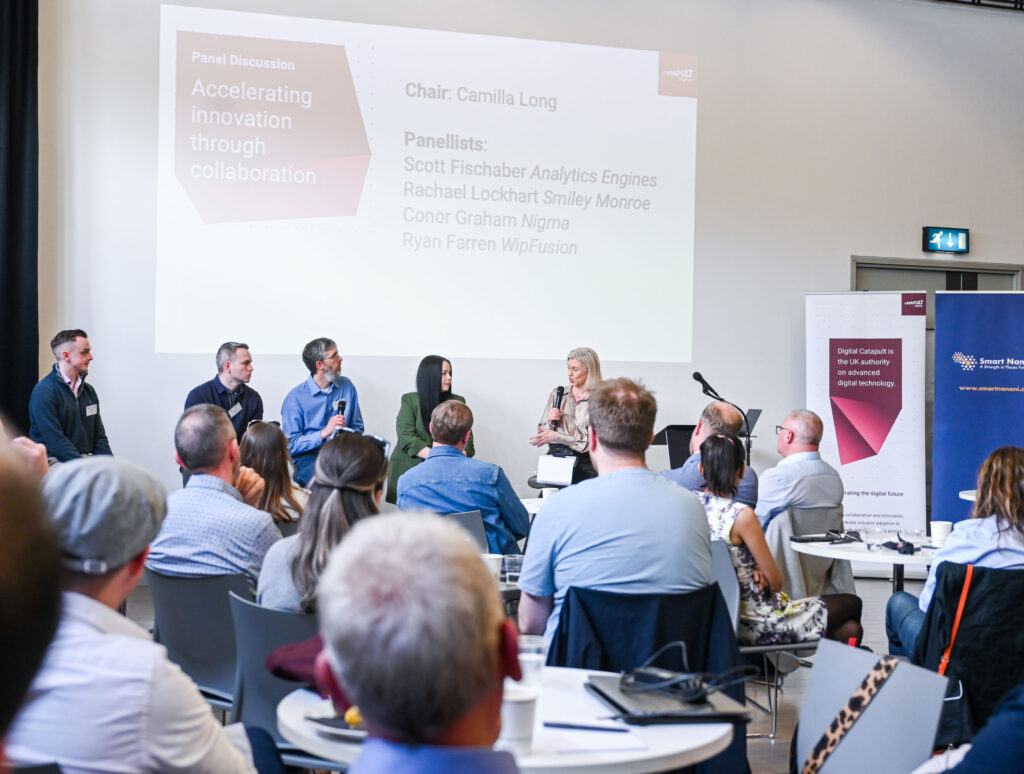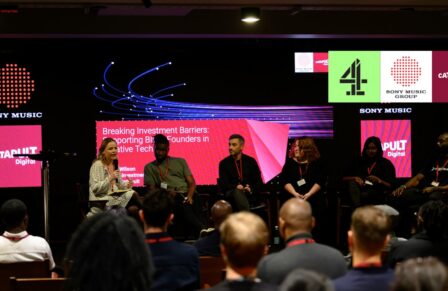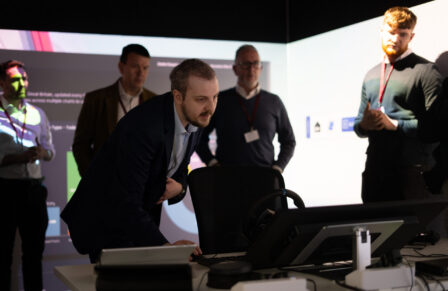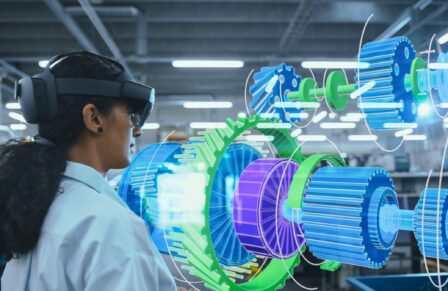Real change will not come simply through greater adoption of immersive terminology and tools. Applications will need to converge with technologies that can disrupt existing models.
In the last 12-18 months, immersive experiences, visualisation, gaming, fashion, and virtual goods have evolved into a broader global ambition to build the metaverse. But an ambition without a plan for realising it will not bring about a deep change in how people access online services.
It’s clear that for a transformation to happen, there needs to be a convergence of Web3 and metaverse technologies such as blockchain and immersive human-computer interfaces.
Digital Catapult recently researched the state of UK industry in this area. Our latest report reveals how companies are exploring the opportunities and assessing the risks. Here we look at some of the insights from our research.
The transformation goes deeper than words and headsets
During 2021 and 2022, there was a noticeable shift in the language being used in technology innovation. Many of the companies Digital Catapult engaged with started describing their businesses and ideas in new terms.
Among the new terms is ‘metaverse’ itself – describing how a next-generation internet would work. The idea is the web offers services and means of communication accessed via immersive or spatial human-computer interaction. Examples include immersive community platforms, experiential retail, immersive education, virtual and ‘phygital’ goods, multiplayer location-based games, and online collaboration and content creation tools.
The emergence of the word implies a step-change in digital technologies and the services they enable. But changing terminology, on its own, is not an indicator of progress. It’s also not just a matter of increased use of augmented reality headsets and virtual reality glasses.
Real progress will come when the metaverse converges with Web3 – a constellation of cryptographic technologies, including blockchain, smart contracts, and tokens in all their forms. These all have the potential to change how ownership, transactions, online communities and businesses operate in the future.


